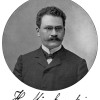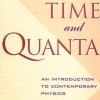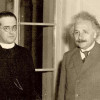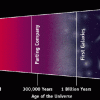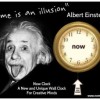Philosophy involves the study of ideas. Yet some (like Stephen Hawking) say philosophy is dead. Others (such as Neil deGrasse Tyson) say philosophy may be alive but its ideas have no use in physics. Both of these exemplars hold the degree of Doctor of Philosophy so they should know. But so do I and I […]
Ideas Live!
